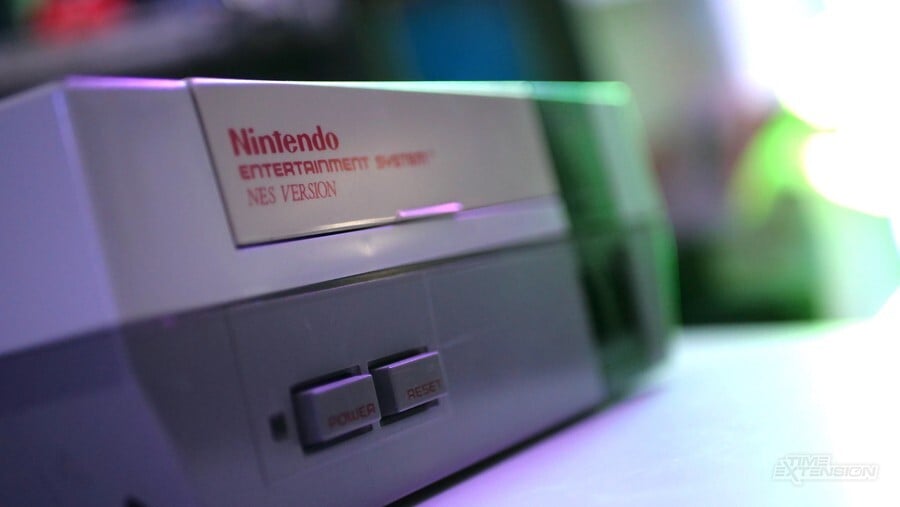
After successfully managing to rescue Paul Proctor's Jetpac successor Plasma0 off a bunch of old disks, it seems that Kev Edwards has managed to revive yet another lost NES game from the veteran developer's archives. This time, it's the abandoned 1986 maze shooter Glug.
Paul Proctor, in case you are unaware, is a developer who created the BBC Micro conversions of Ultimate Play The Games' Sabre Wulf, Alien 8, and Knight Lore and later went on to get a job at Rare (the successor to Ultimate) on games like Wizards & Warriors and Pin-Bot.
He is a childhood friend of Edwards, who is also a former game developer, having worked at various game studios like TT Fusion, Juice Games, Software Creations, and Genepool Software.
According to Edwards, who has recently been documenting his attempts to salvage Proctor's NES work, Glug appears to have been a project that was in development around Summer 1986.
In it, players were in control of a green slime on a moving cylinder and had to shoot a bunch of other coloured slimes that were being dropped from above. The twist, however, was that every time the player moved, the cylinder they were on would rotate, causing enemies to shift their position on the screen.
As Edwards states, the game was previously only known to a few close friends of Proctor, as well as Tim and Chris Stamper, who may have provided feedback. It was only 60-70% finished when it was abandoned and was in a pretty bad state when it came to Edwards, requiring a deep clean of the disks to get it read.
It's unknown at the moment whether a ROM will eventually be dumped online so people can try it out for themselves, with Edwards claiming he plans to turn the game back over to its owner when he's finished recovering and archiving everything on the disks.
As a few people have pointed out, including Games That Weren't, this could potentially be related to a mysterious game file that the developer Ste Pickford told Retro Gamer in 2023 that he once saw inside Rare HQ labelled "Glug Glug". When Ste Pickford asked the Stampers about it, they would become particularly coy, only to say "Ah - that idea was a bit too advanced".
Edwards is currently reaching out to Proctor to see if he can remember anything more about the game. You can follow his archival work here.





